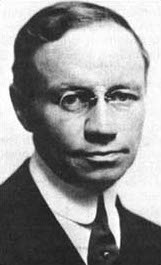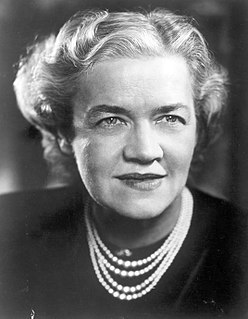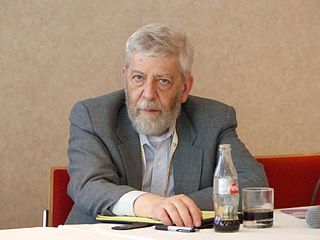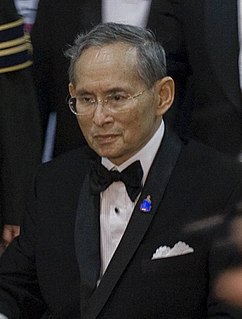A Quote by Herbert Croly
The Constitution was the expression not only of a political faith, but also of political fears. It was wrought both as the organ of the national interest and as the bulwark of certain individual and local rights.
Related Quotes
The U.S. was founded by a group of political leaders who signed a document which says, "We are endowed by our Creator with certain inalienable rights." That means that all of your political rights come from God and you then loan some of your power to the State which is why the Constitution begins, "We, the People of the United States.
I think frustration unfortunately, reflects a real breakdown in the political parties themselves, which is fascinating because our constitution did not anticipate political parties. They're not even written in the Constitution, there's no guidelines. When we look at the arcane processes of delegate selection in the primaries and caucuses, it's not in the Constitution. This is all created post Constitution. And yet I think we're in the middle of tensions between and within the political parties. They're not functioning that well.
The rise of a new kind of political science in the 1960s has been driving a wedge between political insiders and voters ever since. By turning voters into interest groups, it stopped establishment leaders from articulating a national narrative. It opened the way for Movement Conservatives to create today's political crisis.
It's said the religious right wants to force its faith on the public. But whose faith are we talking about?... Everyone who operates in the political arena wants to see their morals reflected in our laws and governmental institutions - including the National Organization of Women, the National Abortion Rights Action League, and the American Civil Liberties Union, whether or not they are willing to admit it.
For too long the development debate has ignored the fact that poverty tends to be characterized not only by material insufficiency but also by denial of rights. What is needed is a rights-based approach to development. Ensuring essential political, economic and social entitlements and human dignity for all people provides the rationale for policy. These are not a luxury affordable only to the rich and powerful but an indispensable component of national development efforts.
If they are incorporated into the Constitution, independent tribunals of justice will consider themselves in a peculiar manner the guardians of those rights; they will be an impenetrable bulwark against every assumption of power in the legislative or executive; they will be naturally led to resist every encroachment upon rights expressly stipulated for in the Constitution by the declaration of rights.



































